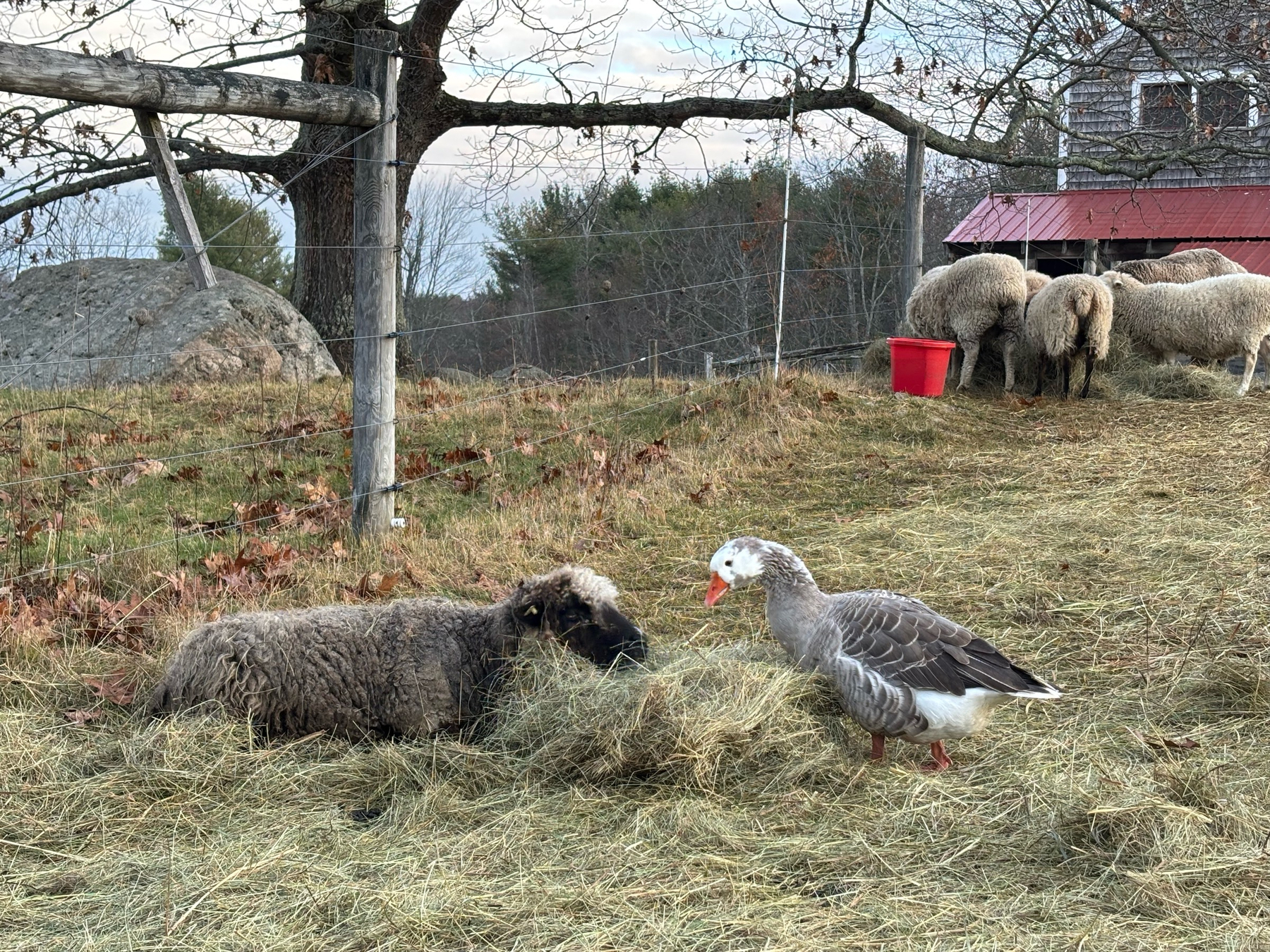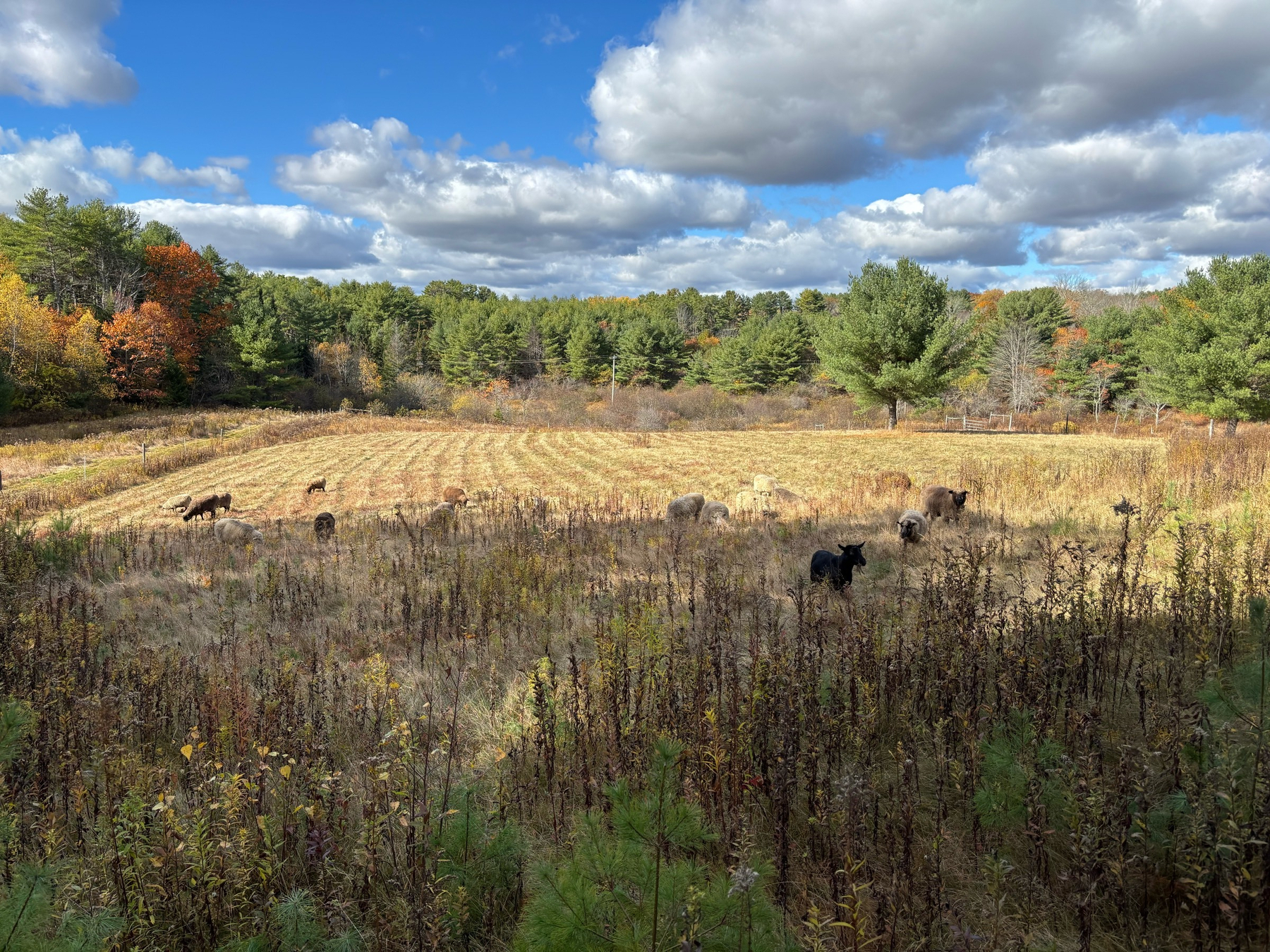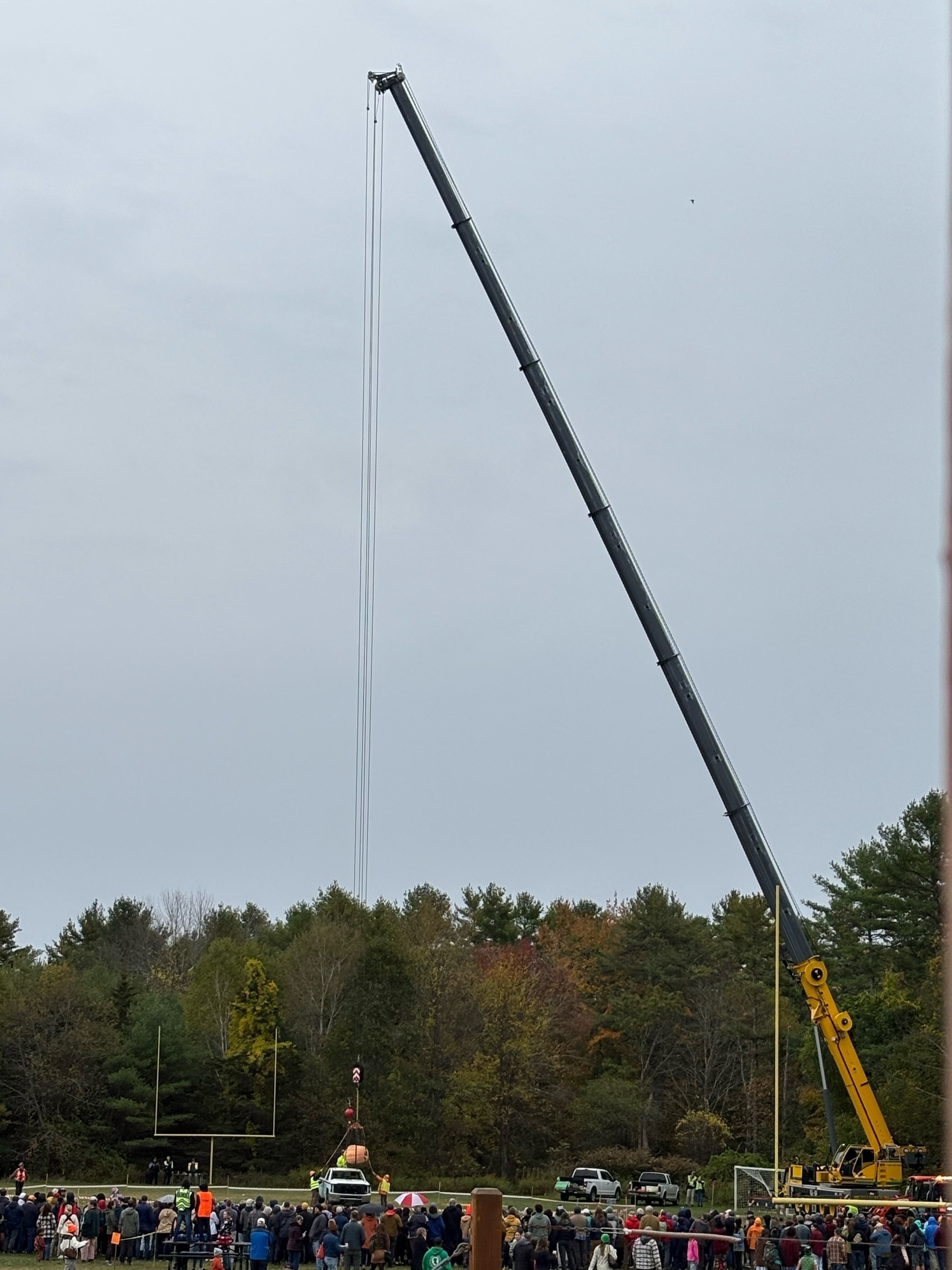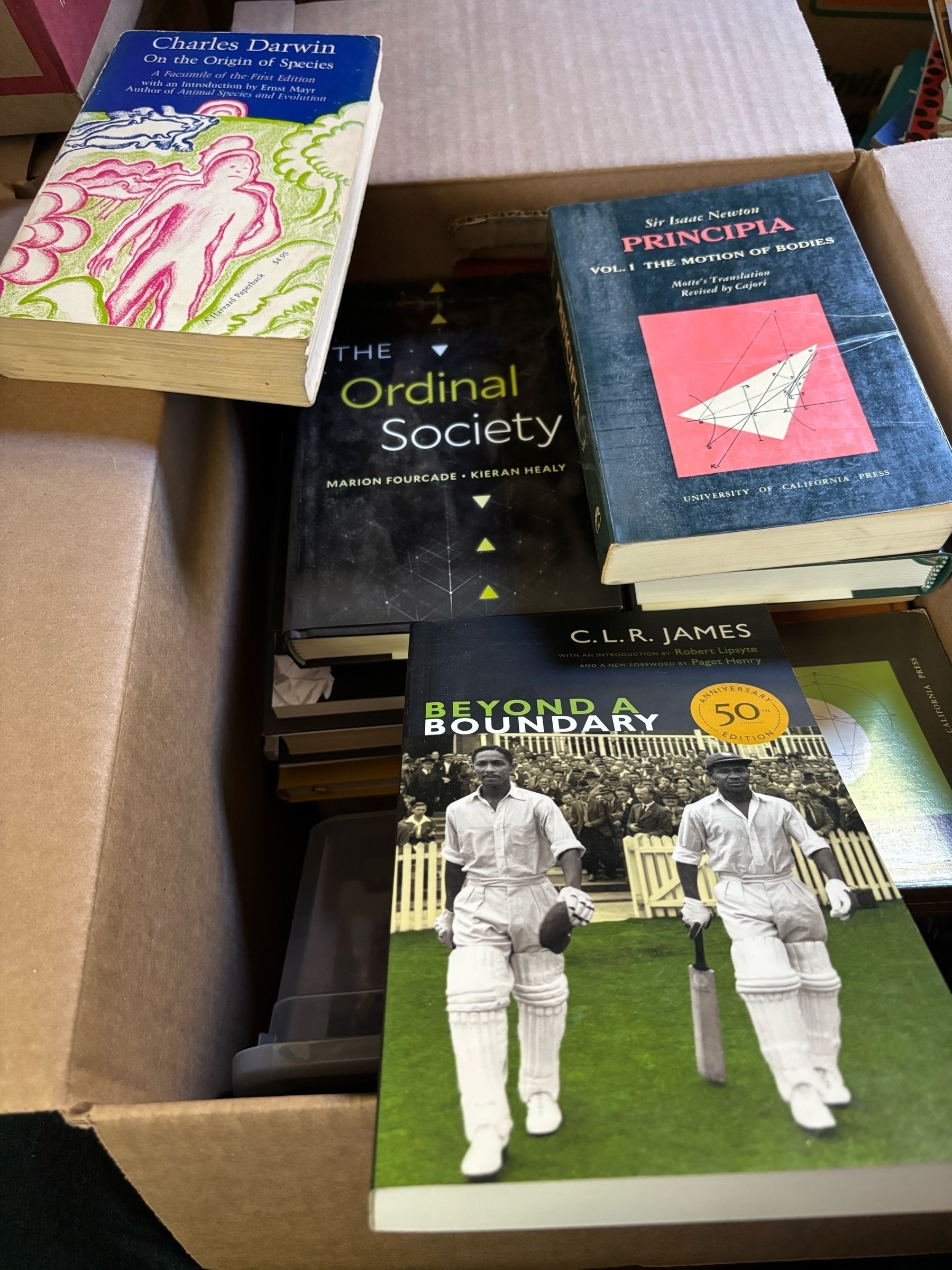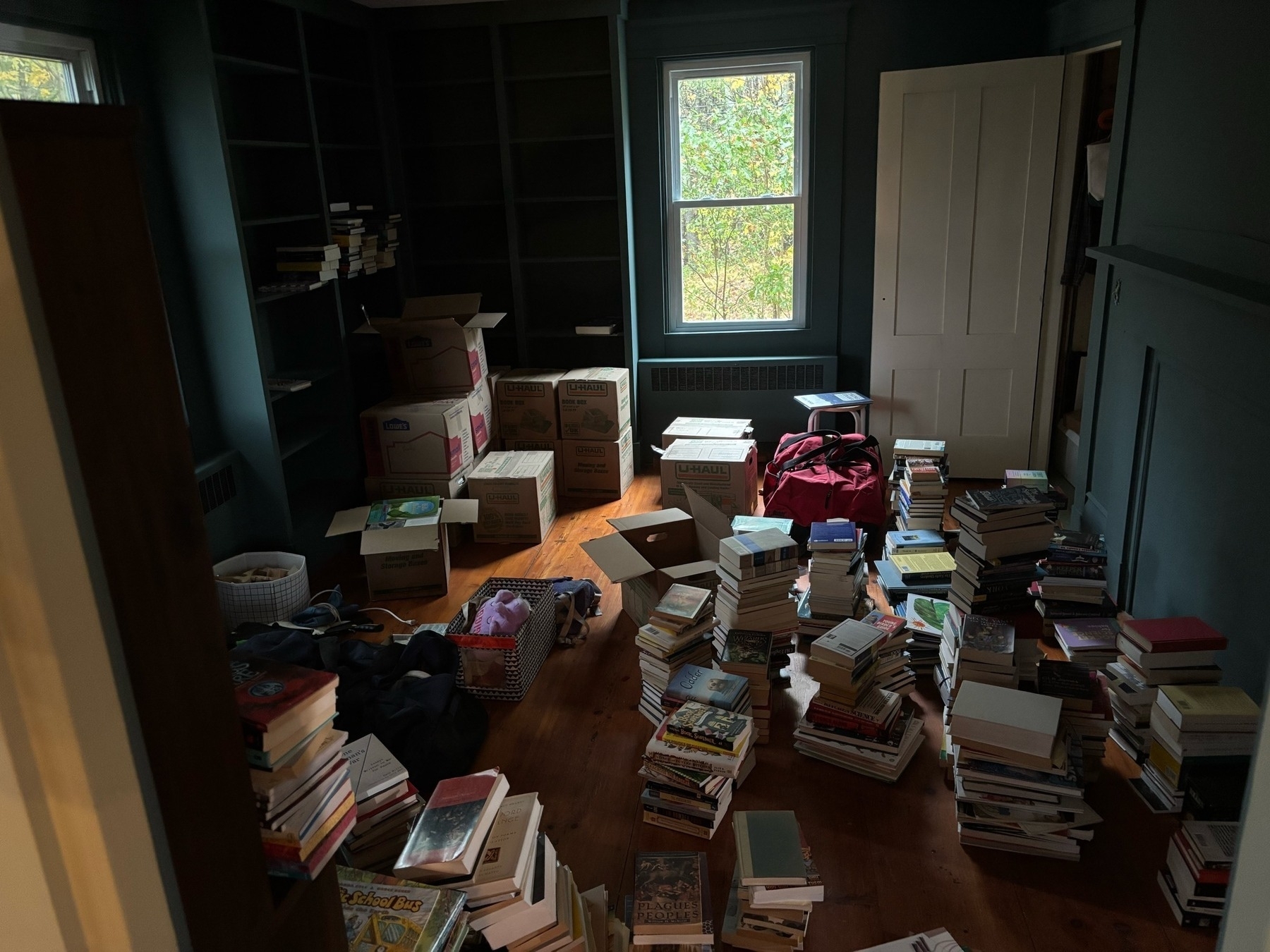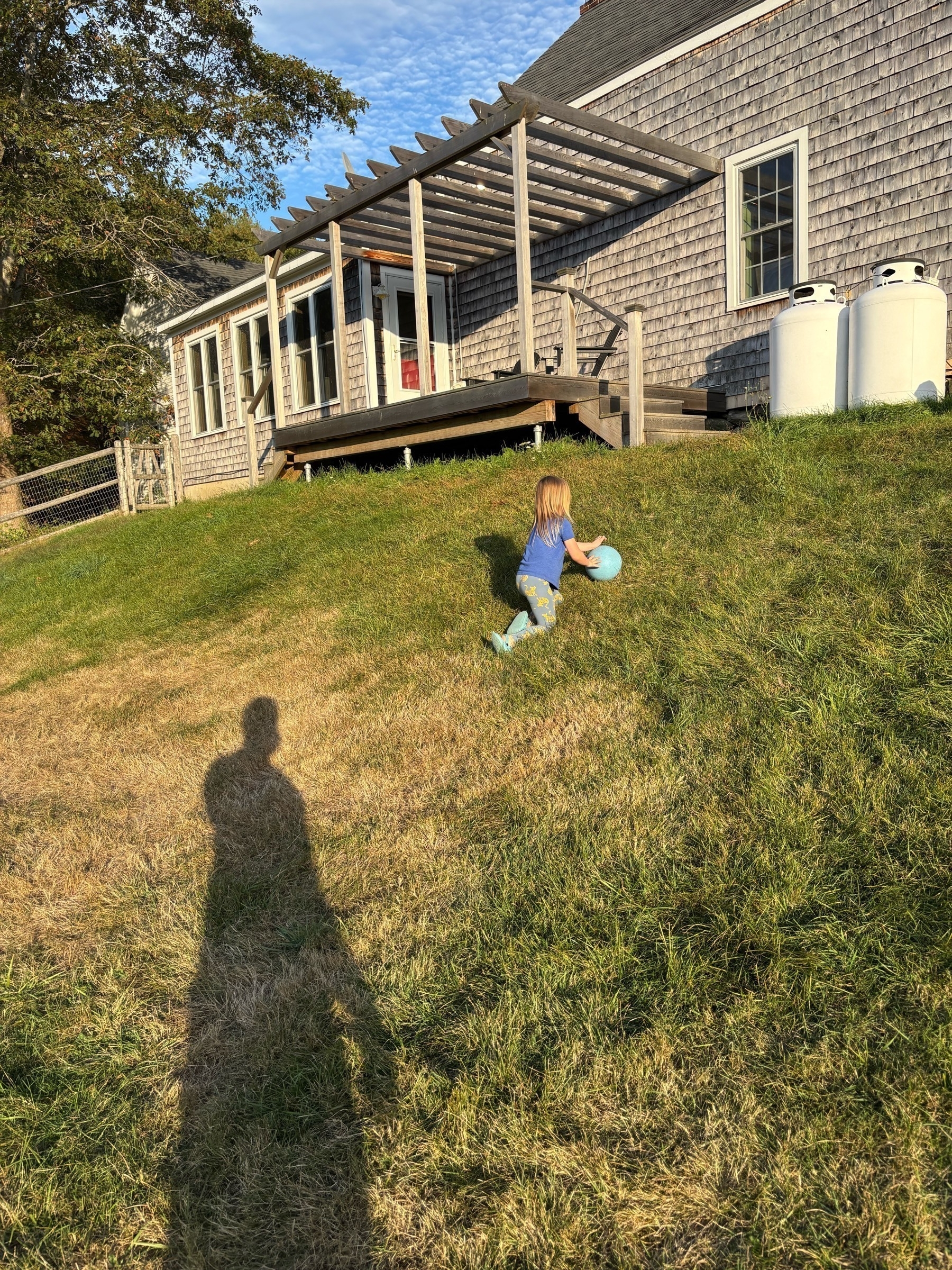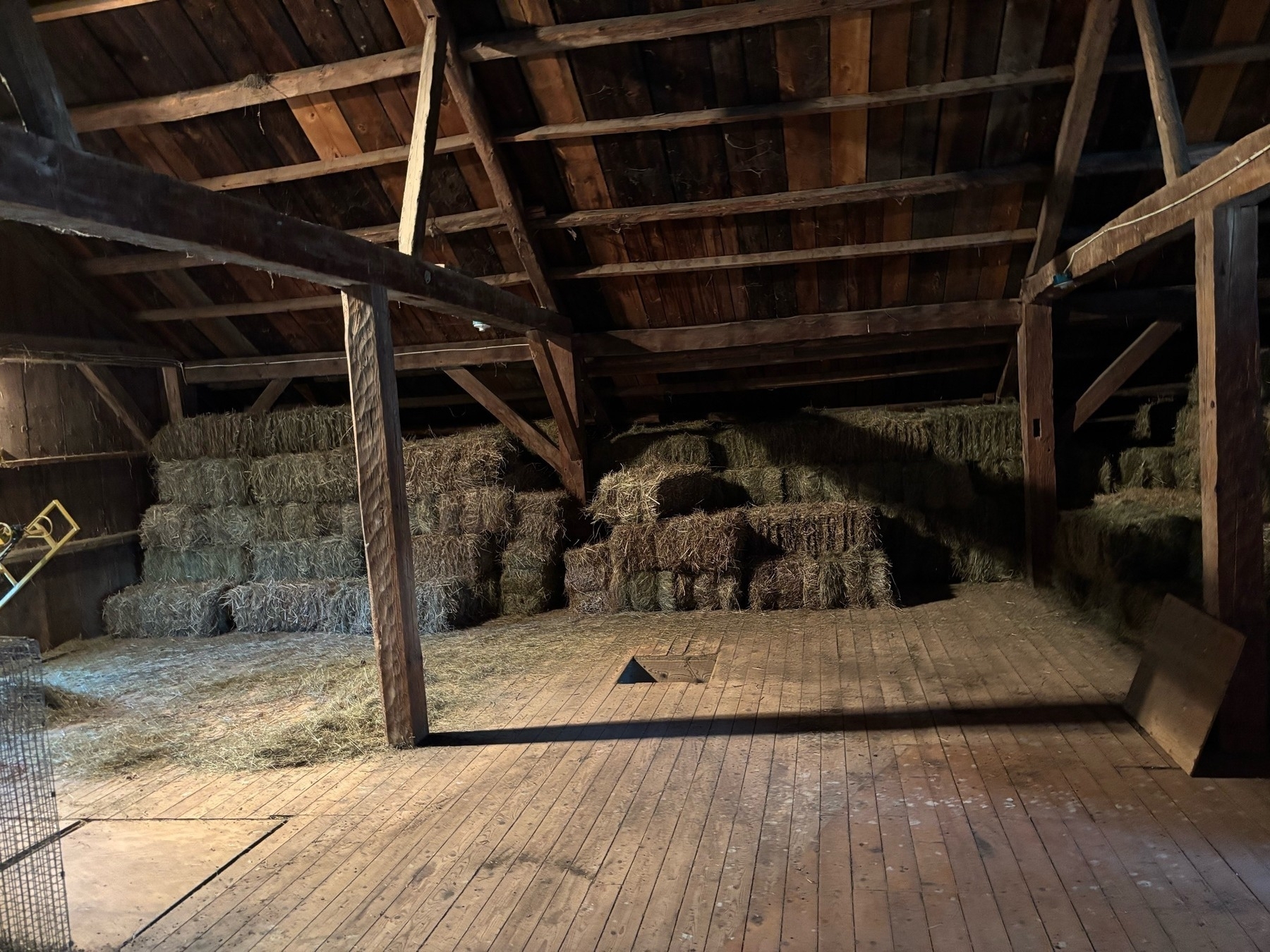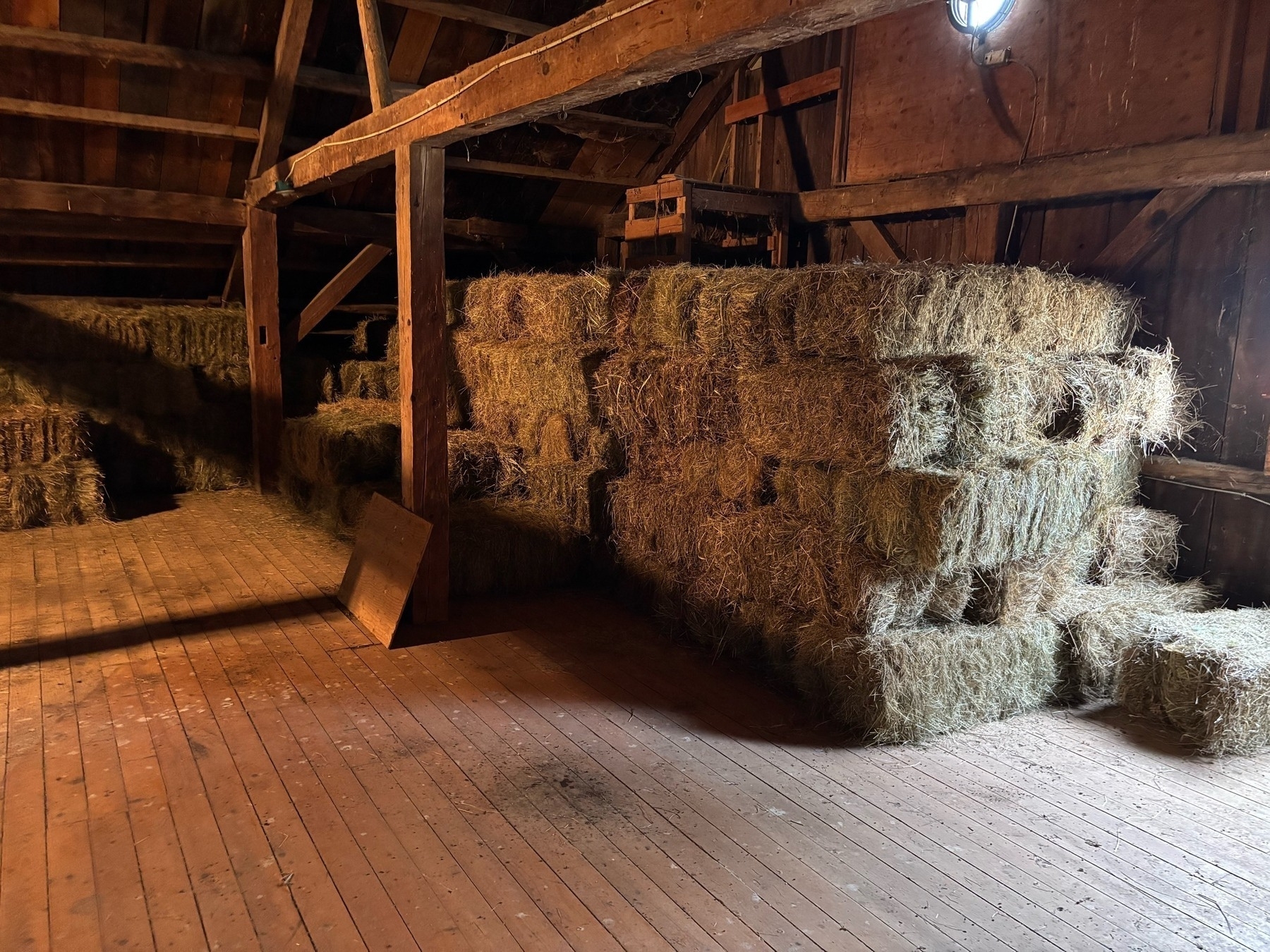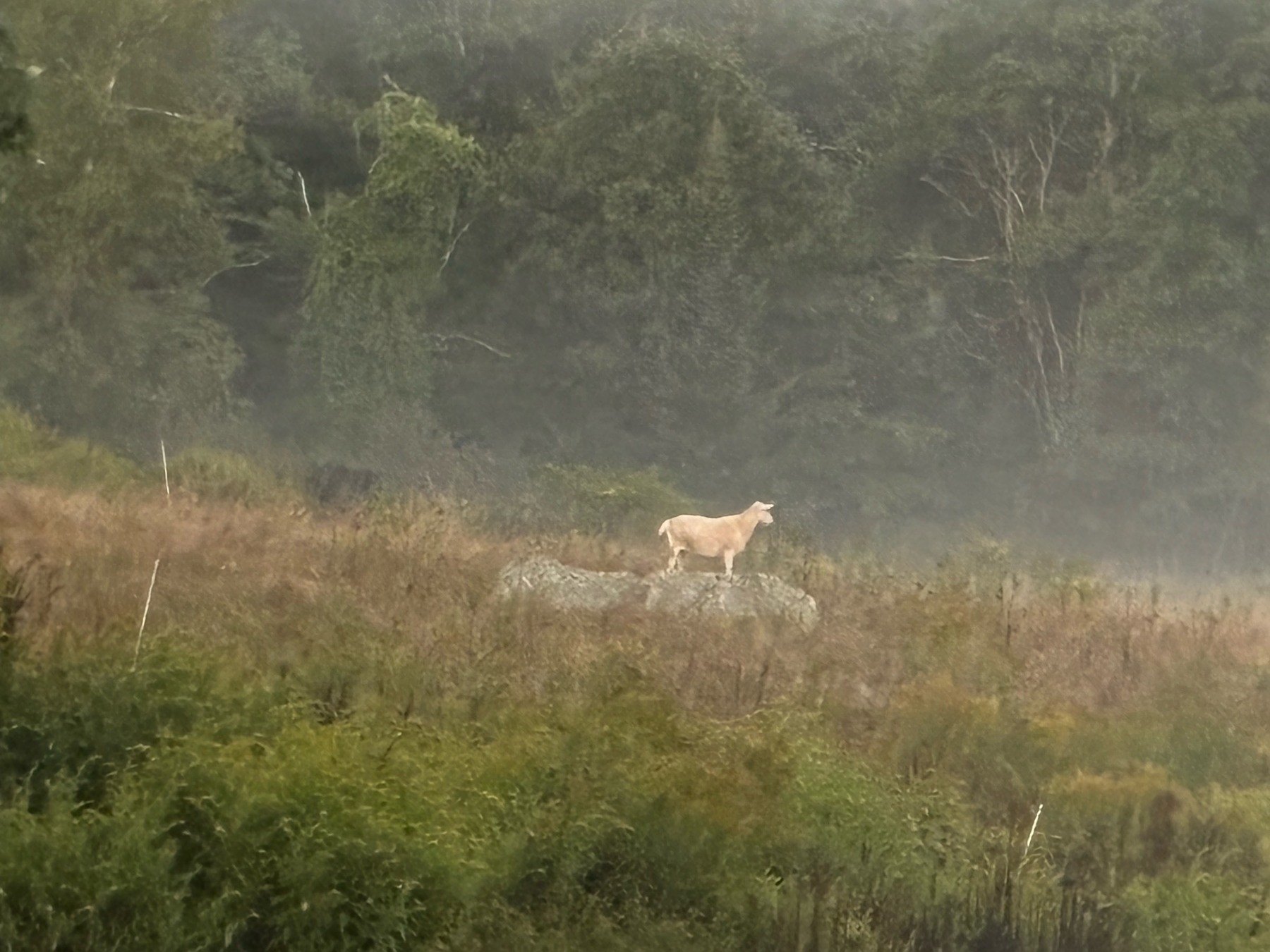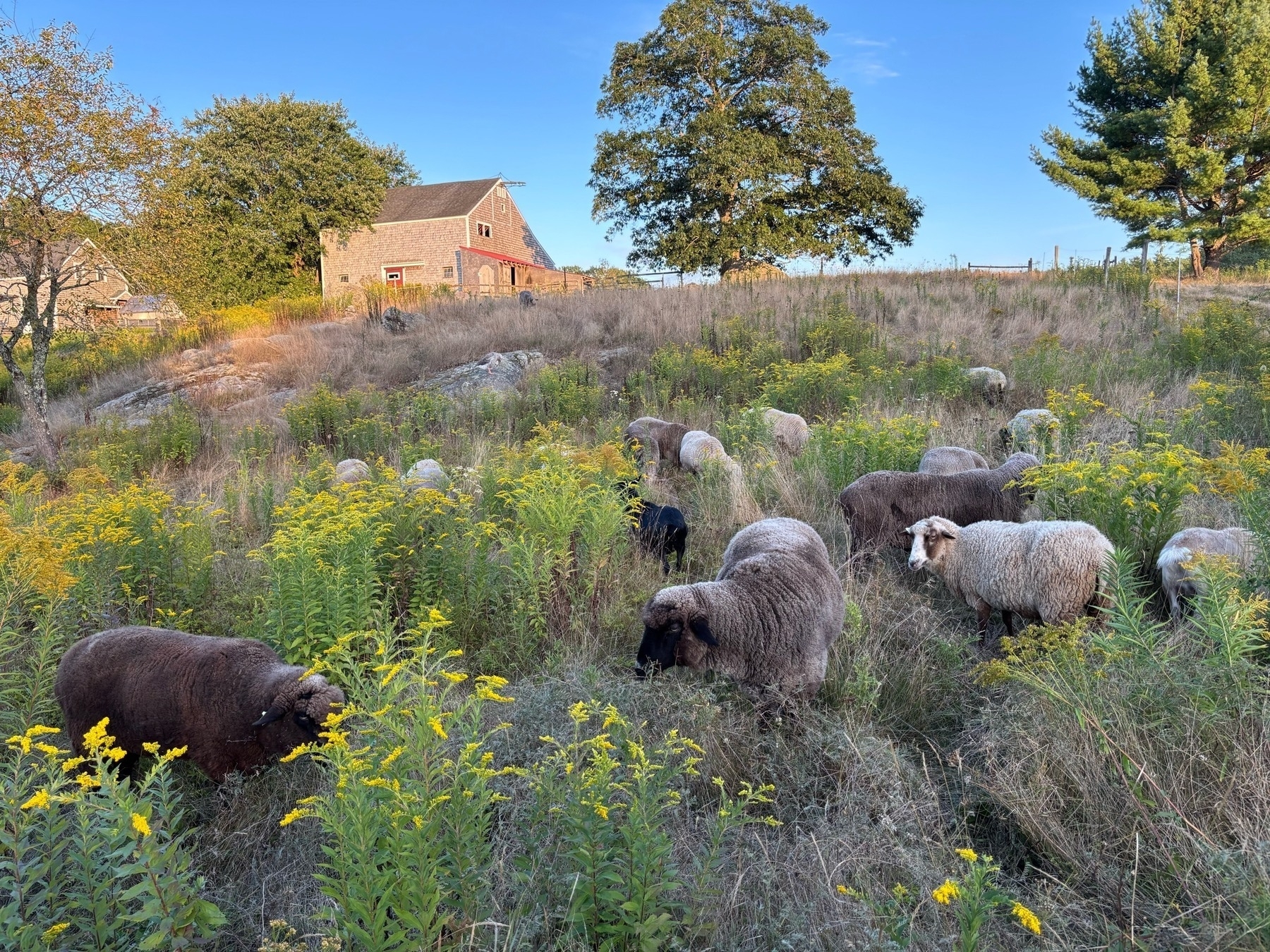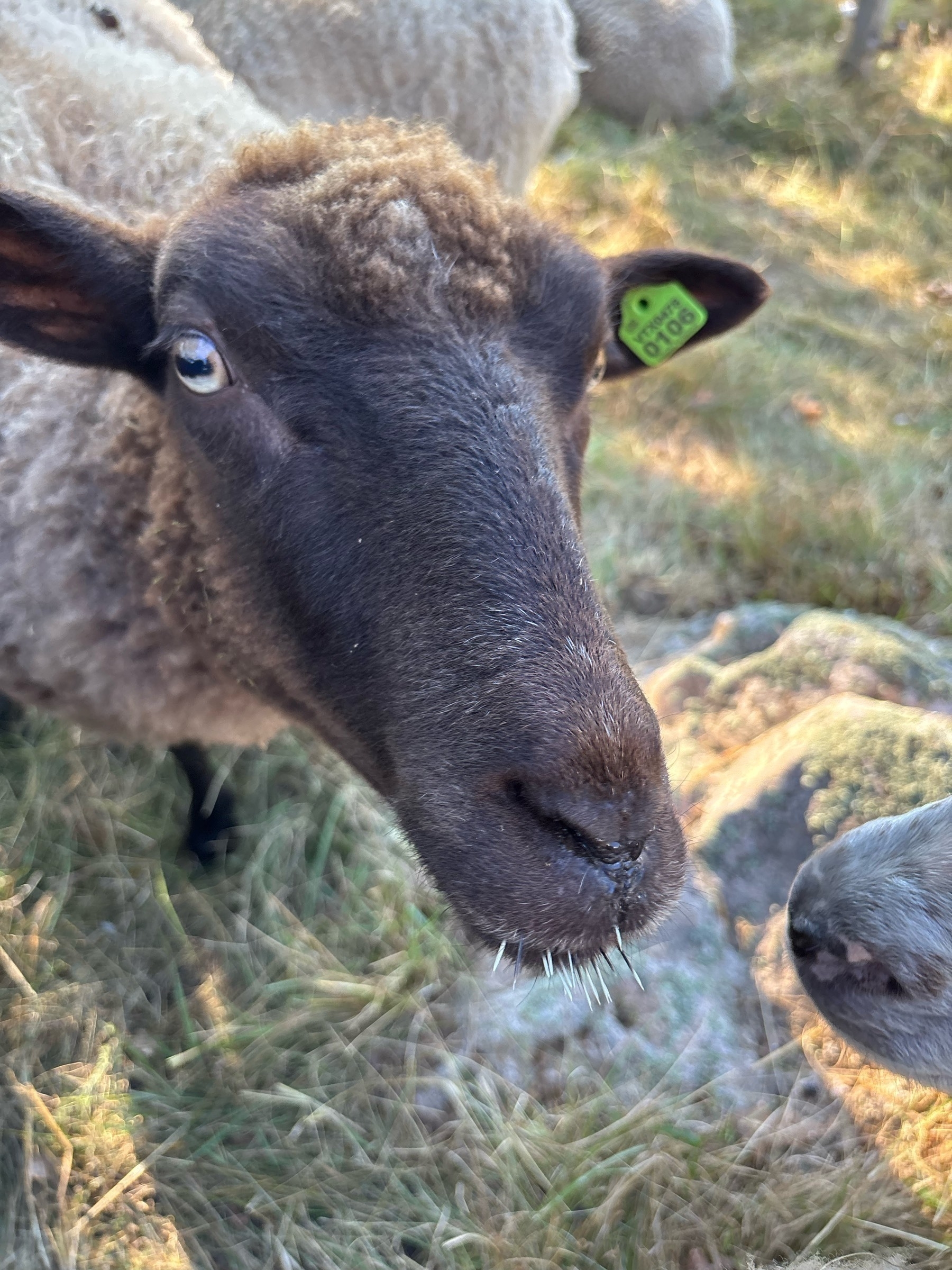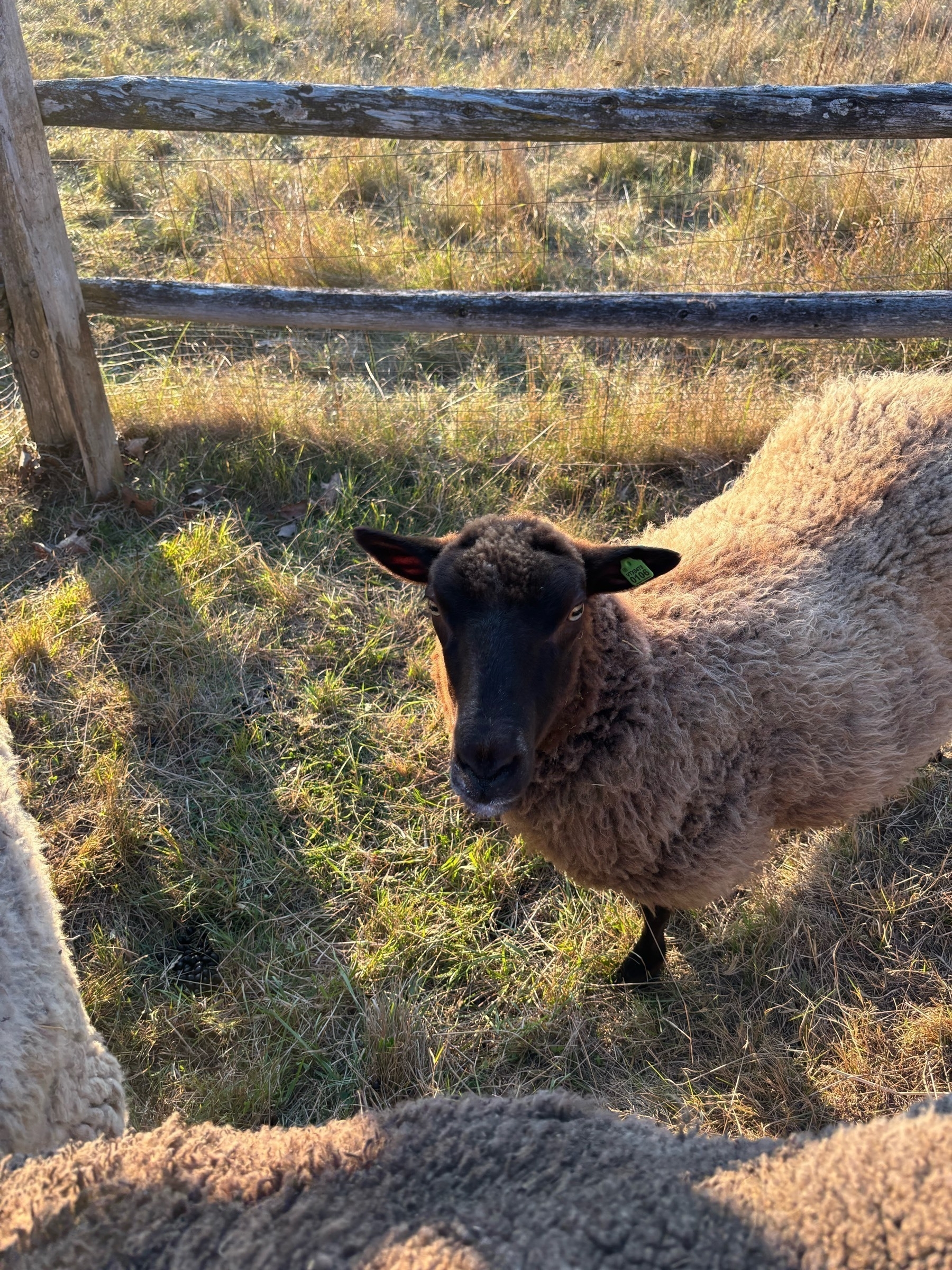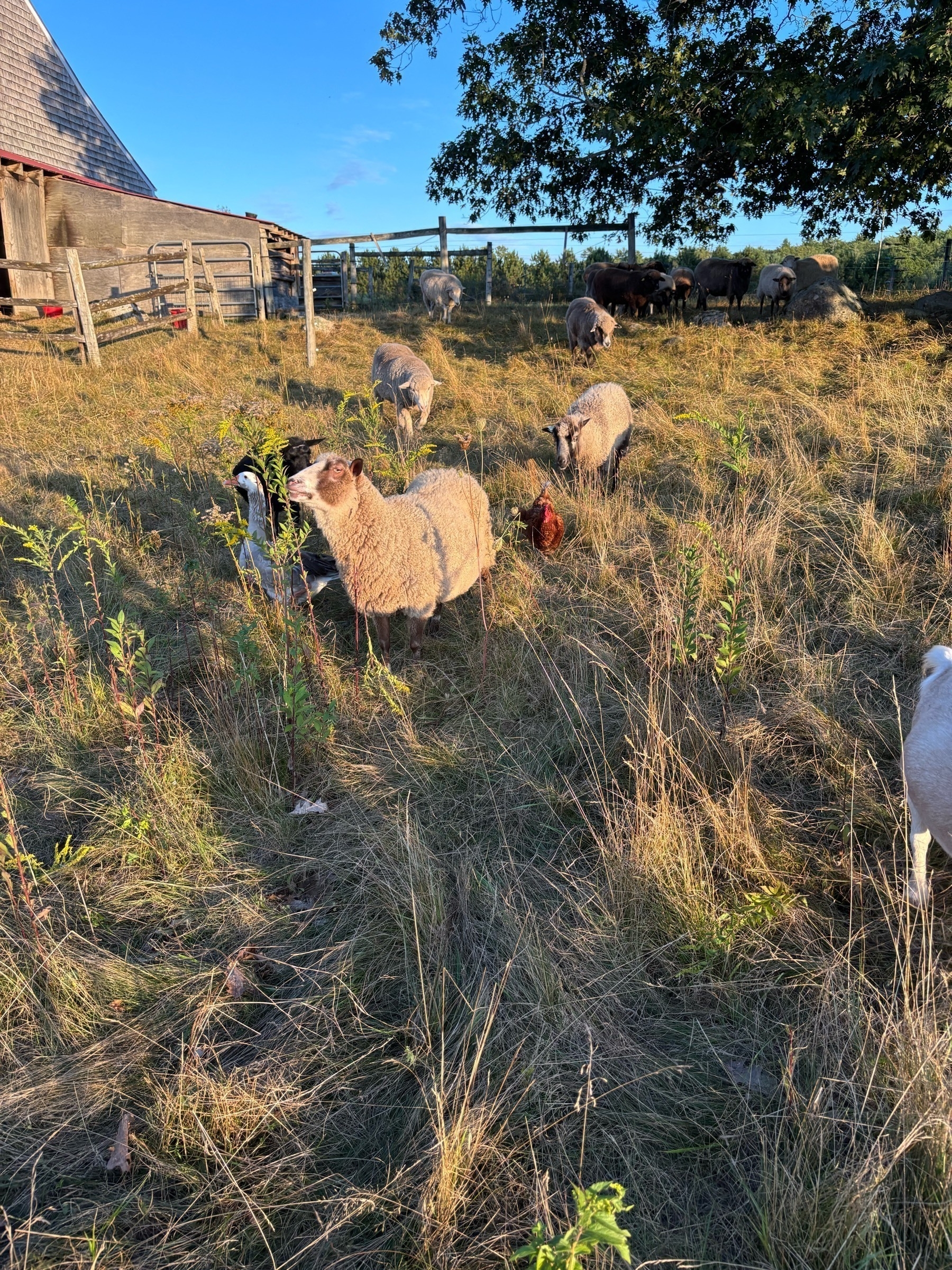Jonah Sutton-Morse
I do really enjoy Lex.Games, but honestly this is equally delightful and sobering.
“You played 2849 unique Lex.Games this year, and spent 820 hours 8 minutes 19 seconds solving. Awesome!”
That’s a lot of hours.
Our mother-in-law’s goose, Ryan (whose name made more sense when she was a younger goose), is coming to join our flock today.
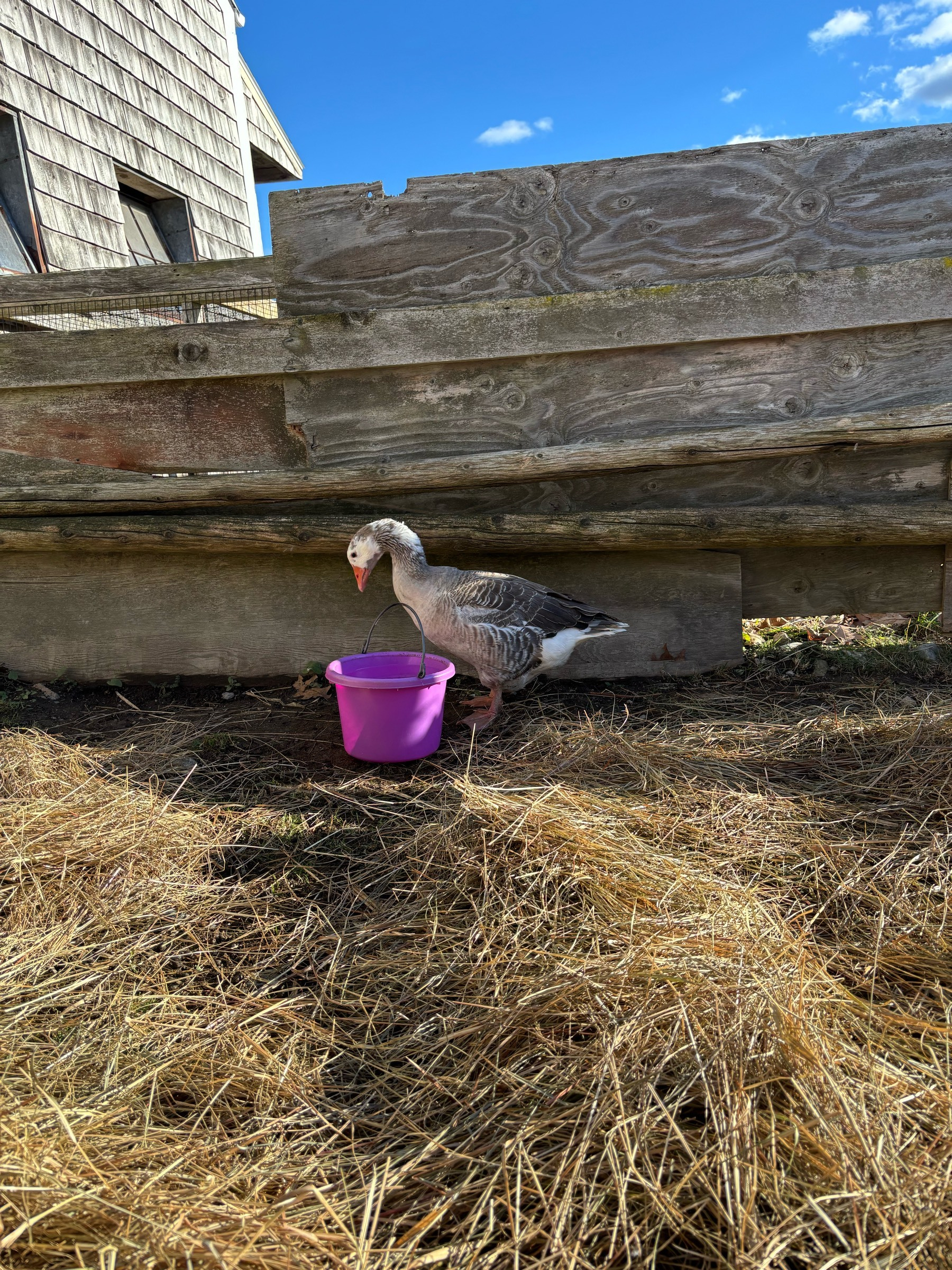
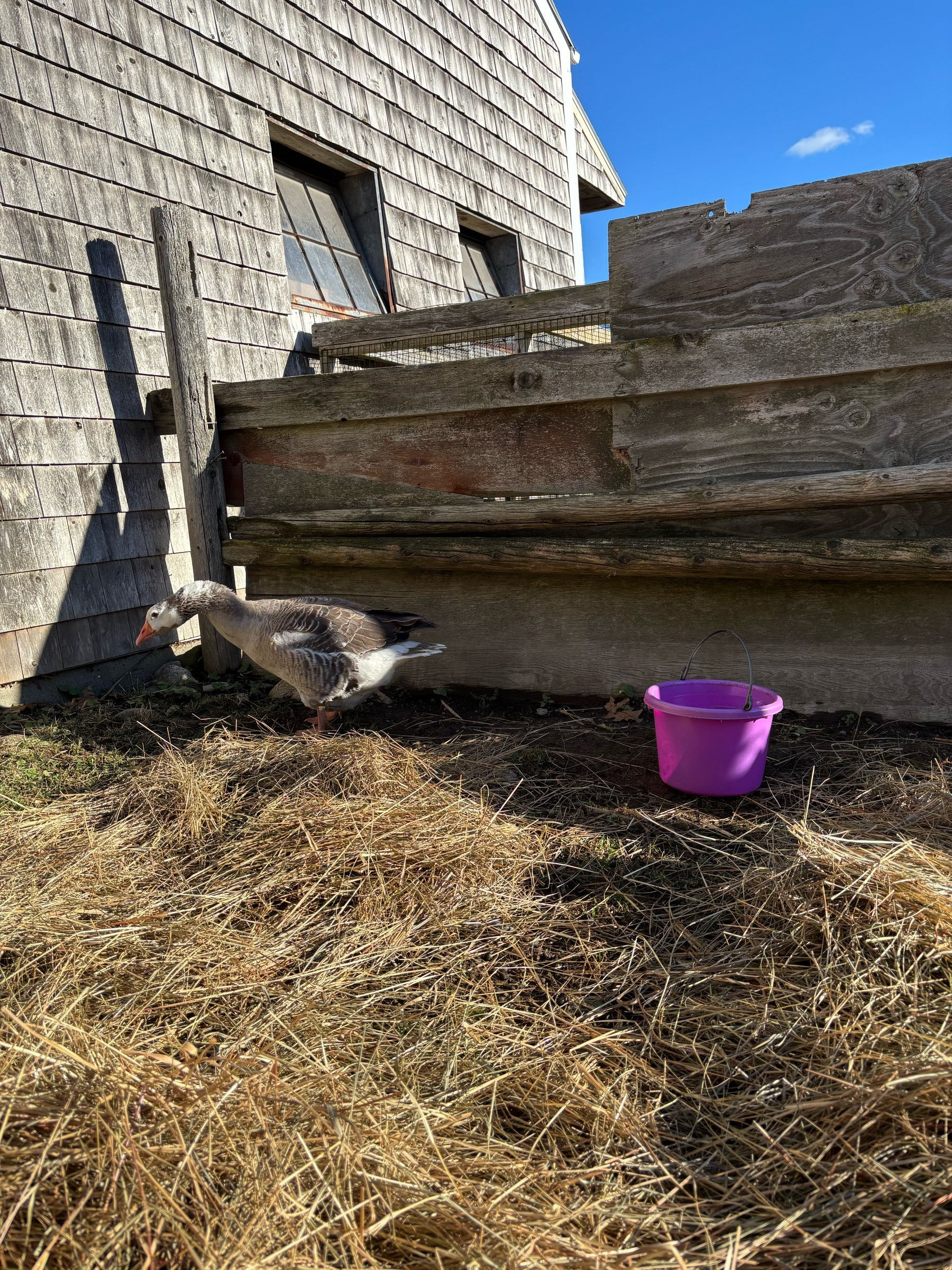
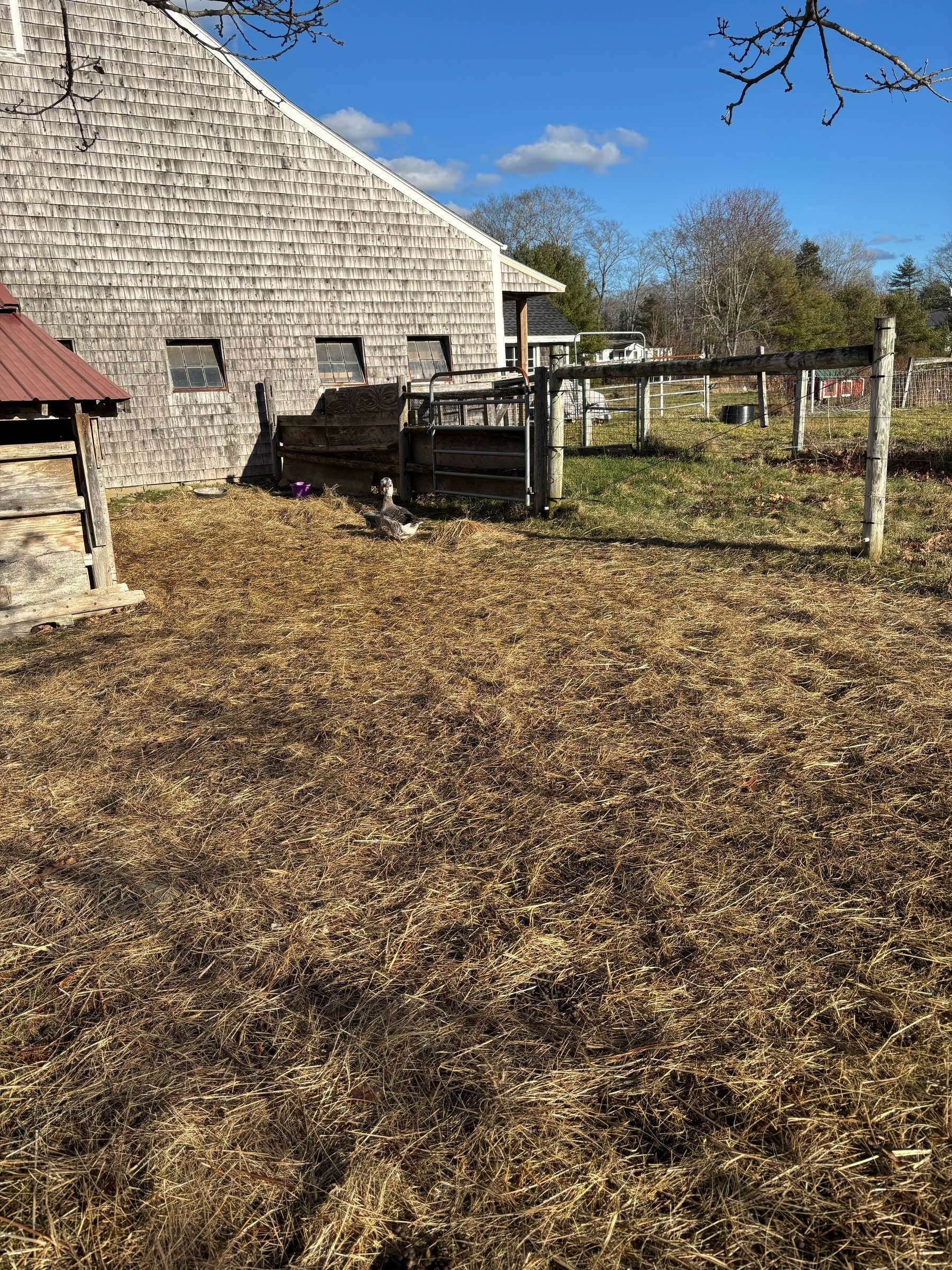
Armistice Day
The eleventh hour of the eleventh day of the eleventh month. The day the guns fell silent. Once and maybe someday again.
It’s incredibly humbling (enraging?) to see, in the ways in which the world around us crumbles, how much that which seems unchangeable is in fact simply the choices of many people, choices which could be different. In that “could”, is the promise that a better world is possible, always within our grasp, and equally the “many” people who make so many choices every day shows the magnitude of the gap between the world as it is and the world as it could be (the Kingdom of God? Always eternally at hand, if we but make it so).
In the world transformed, it will have to be the case that to the extend there are specific times and seasons set aside for remembrance or celebration (yes, I am a Quaker and so I hedge about any dreams of times and seasons, but I also see their manifestations in my own communities)- those times and seasons will include a time for peace. Creating that time here in this world is worth doing.
Going to try hopping off Bluesky for the rest of this month. I’m definitely doing a lot more doomscrolling than is good for me right now.
Occurs to me that too much time was spent on the “the president can have Seal Team 6 assasinate a rival and can’t be held accountable” and not enough on the “what are the legal and moral consequences for Seal Team 6 and others in the chain of command if they follow that order”
Just listened to a long lecture from my kiddo about the messed-up values of the afterlife in Warrior Cats. I suggested they find other books but “there are a lot of them” and “there’s a lot of fanwork”. I assume Murderbot would also qualify. Other better series?
Not sure why it’s taken me 6 years to realize that with a dog named “Indy” you can replace “English” in Gilbert and Sullivan’s “He remains an Englishman”, but I think now is when I start making up for lost time. Apologies to my family.
Last time I tried sourdough, I had an opaque crock for my starter. This time it’s glass. Last time, my starter often got neglected and sick. This time I’m feeling the constant pressure to produce. Genuinely unsure which is worse, but I think I need to make some friends I can gift sourdough to.
History
I’ve been listening to some Irish Republican songs recently (Come Out Ye Black and Tans, Men Behind the Wire, etc) and filling the kiddos in on bits of the history and violence that filled the news when I grew up. (On that note, Stan Rogers, always a surprising source of excellent music, has “House of Orange” which I think is a right song for The Troubles). So I was interested to see this line from a reader of John Gruber’s Daring Fireball “Because the UK includes Northern Ireland, which has an open border with the Republic of Ireland, and the RoI is part of the EU, and the border MUST remain open for historical reasons, …“. What are those historic reasons? Hundreds of years of bloody guerilla civil war. Anyway, I don’t have a big point to make here - I’m not an expert in Irish Republican history and pointing out the U2 sang Bloody Sunday and also ended up in another notweorthy Apple News story years ago is pretty irrelevant, but also that throwaway sentence (which was probably intentional understatement, this isn’t a critique of either Daring Firreball or the commenter) triggered a few other thoughts and an educational moment with my kids, and frankly the fact that Apple packaging is being determined by risings hundreds of years ago and the different fights that have been etched in history ever since actually does seem relevant in various ways today. At the very least, it’s an argument for the ways in which history continues to haunt us for a very long time, and people who act without considering historical precedent are likely to find themselves re-learning some lessons at some point. And that, in and of itself, is a useful lesson, or reminder.
Watching the Damariscotta Pumpkinfest Pumpkin Regatta (which, yes, is what it sounds like, with 500+ lb pumpkins). Excellent silliness.
Working on setting up the historical shelves. Still unsure of the organization,- Dan not sure how much I want to follow chronology vs trends.
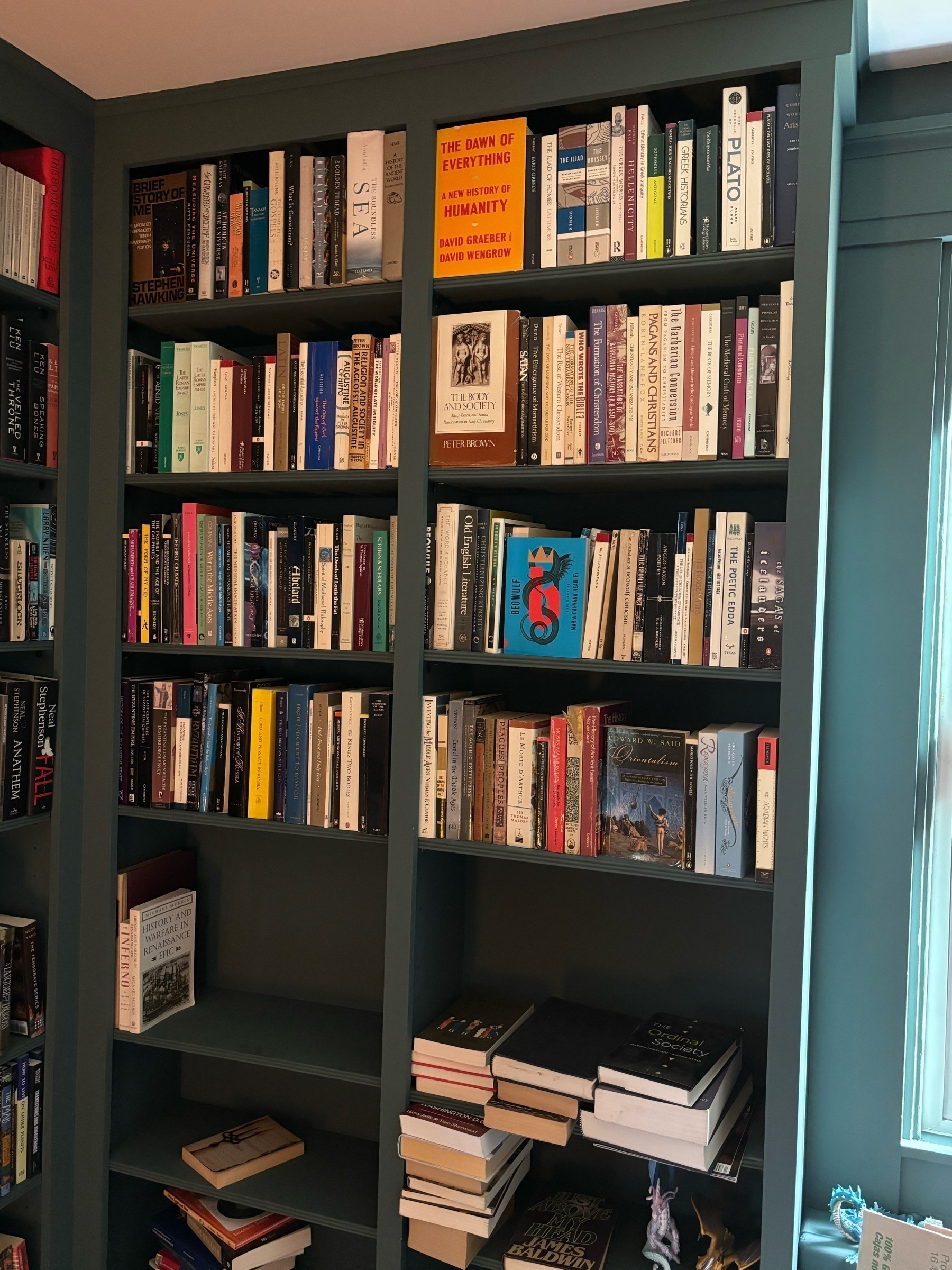
Ok, I’m sure some more books will pop up and need to be slipped in, but SFF is shelved, other than all the Tolkien stuff I need to sort out. Recognize anything?
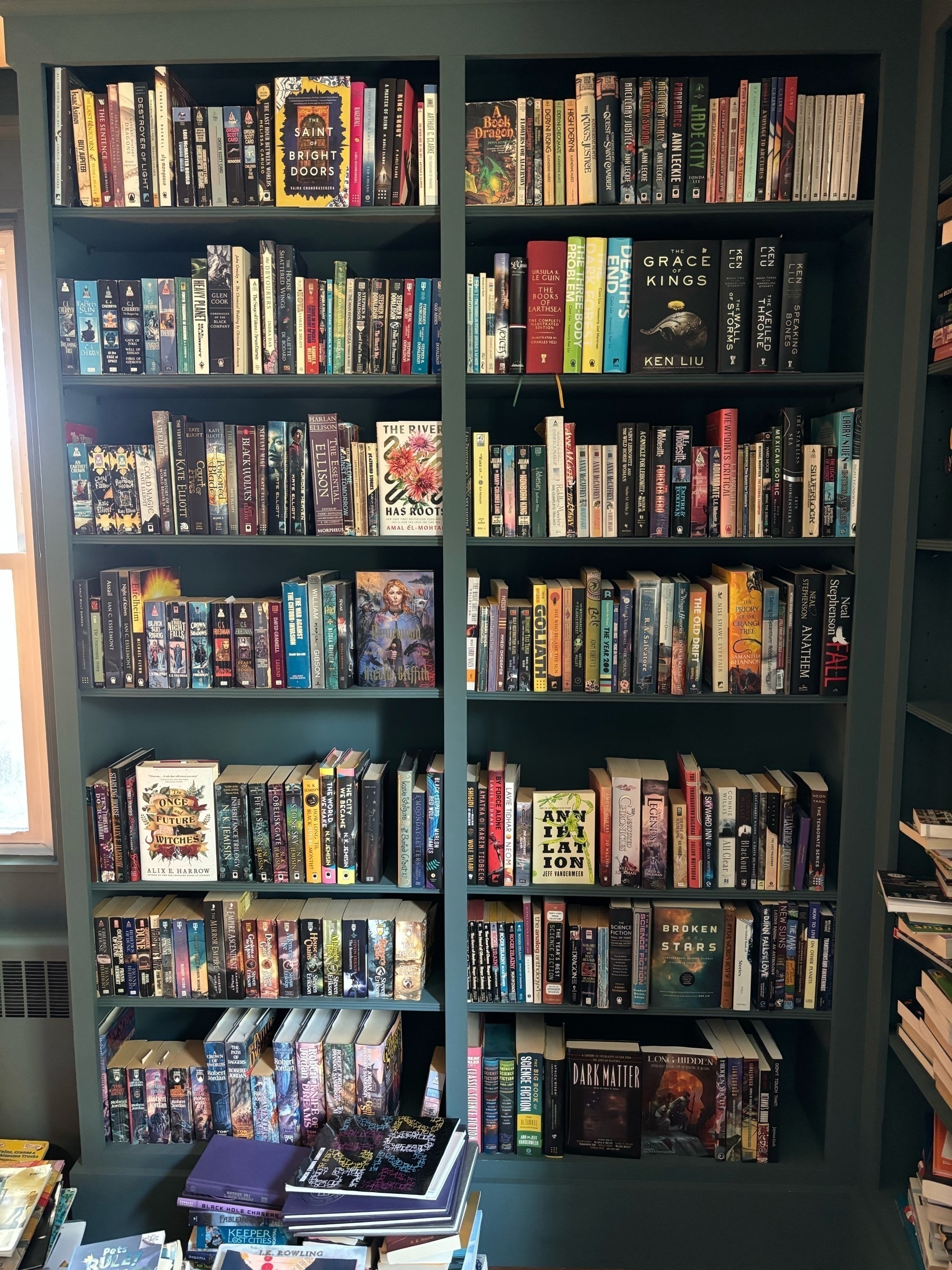
The great shelving begins, and along with it the eternal question: is “Jerusalem Delivered” poetry, history (if the crusades) or a historical document that goes with the date of publication? (Corollary: where to put The Silmarillion, Lit Crit focused on Tolkien, and Tolkien’s Monsters and Critics?)
At Meeting today, read a Pendle Hill Pamphlet from 1985 by a Quaker working with a broad coalition of faith groups to provide sanctuary to Central Americans being treated illegally and inhumanely by INS. Depressing and inspiring, but I’m leaning into the inspiring parts.
